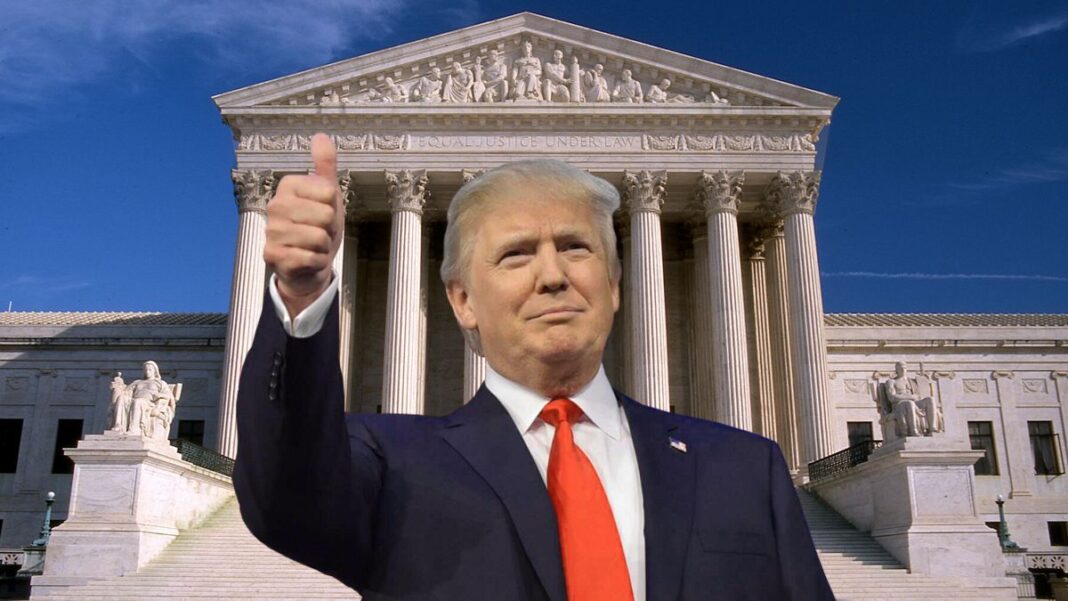Trump is leveraging tariffs to broker peace, restructure global trade, and secure concessions from U.S. allies and rivals.
WASHINGTON—In his second term, President Donald Trump has reshaped U.S. foreign policy, using tariffs not just as economic leverage but as a central tool of diplomacy.
His administration has leveraged economic pressure to address global conflicts and secure concessions from other nations, marking one of the most significant shifts in U.S. foreign policy in decades.
Just months after taking office, Trump made clear of his ambitions, stating that his second term would be very different from his first.
“The first time, I had two things to do—run the country and survive; I had all these crooked guys. And the second time, I run the country and the world,” he told The Atlantic in an April interview.
Trump has touted how his tariff strategy—resulting in trade concessions from allies such as the European Union and South Korea, along with breakthroughs in conflicts—is evidence that the new foreign policy approach is delivering results.
His trade threats have already helped end several conflicts, including the recent border skirmish between Thailand and Cambodia and the crisis between India and Pakistan.
On June 27, Trump hosted the foreign ministers of the Democratic Republic of Congo and Rwanda to the White House as they signed a peace deal to end their 30-year war.
Michael Walsh, senior fellow in the Africa program at the Foreign Policy Research Institute, said the White House has demonstrated that it can promote regional stability through economic incentives.
“They believe very strongly that if you can show countries that they have an economic incentive to not fight with one another and to work with one another and work with the United States, that you can resolve a lot of conflicts in the world,” Walsh told The Epoch Times.
Walsh said Trump’s approach in Africa, which prioritizes trade over aid, has been more effective than the strategy pursued by former administrations.
The Trump administration is continuing its engagement in Africa, now turning its attention to conflict in Sudan, which is often labeled the “forgotten war,” in which an estimated 150,000 people have died, according to data reported by the Council on Foreign Relations.
Although no breakthrough has been achieved so far, Walsh said Sudan and other parts of Africa remain a priority for U.S. peace efforts.







